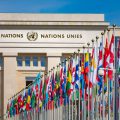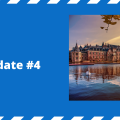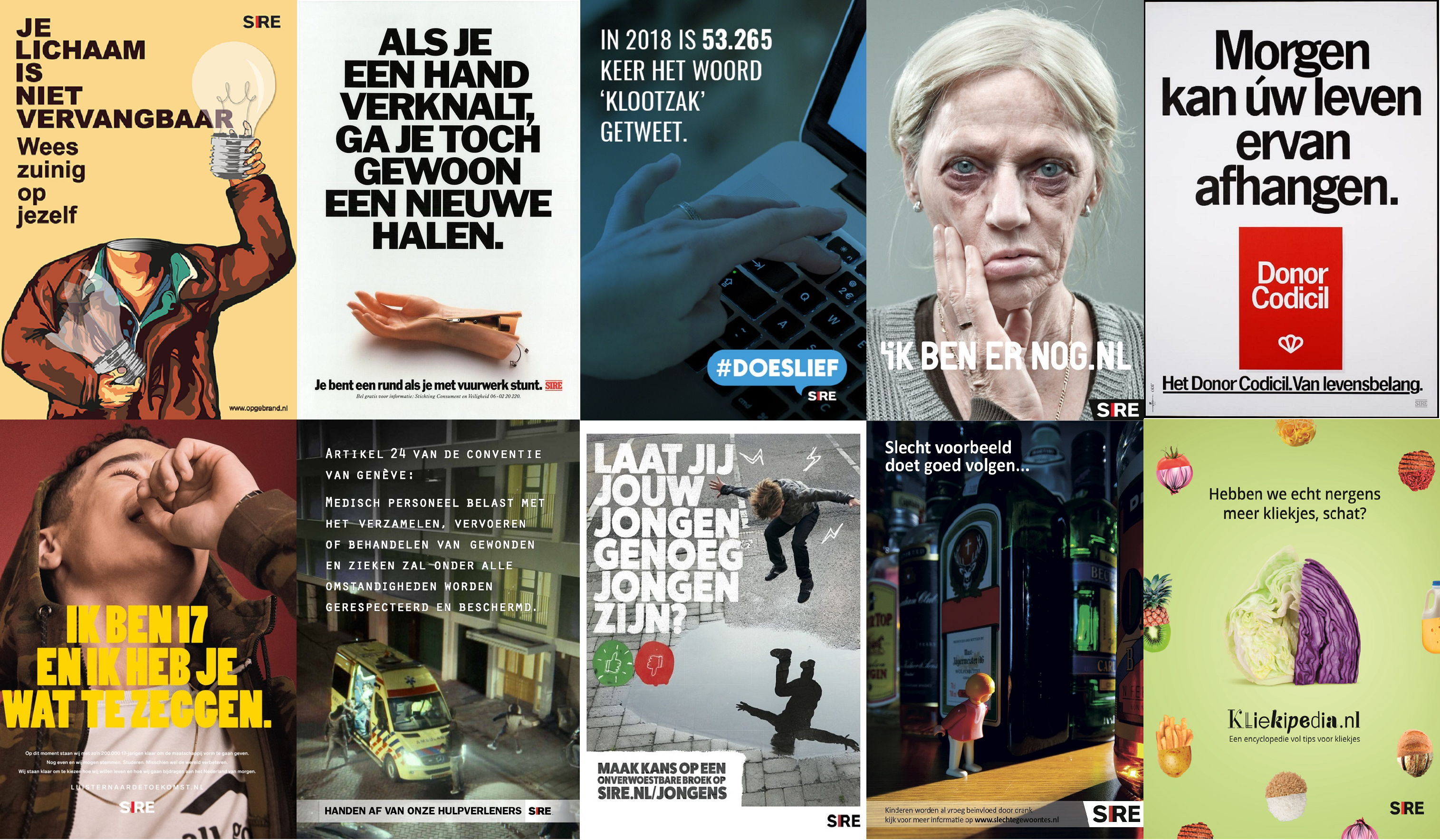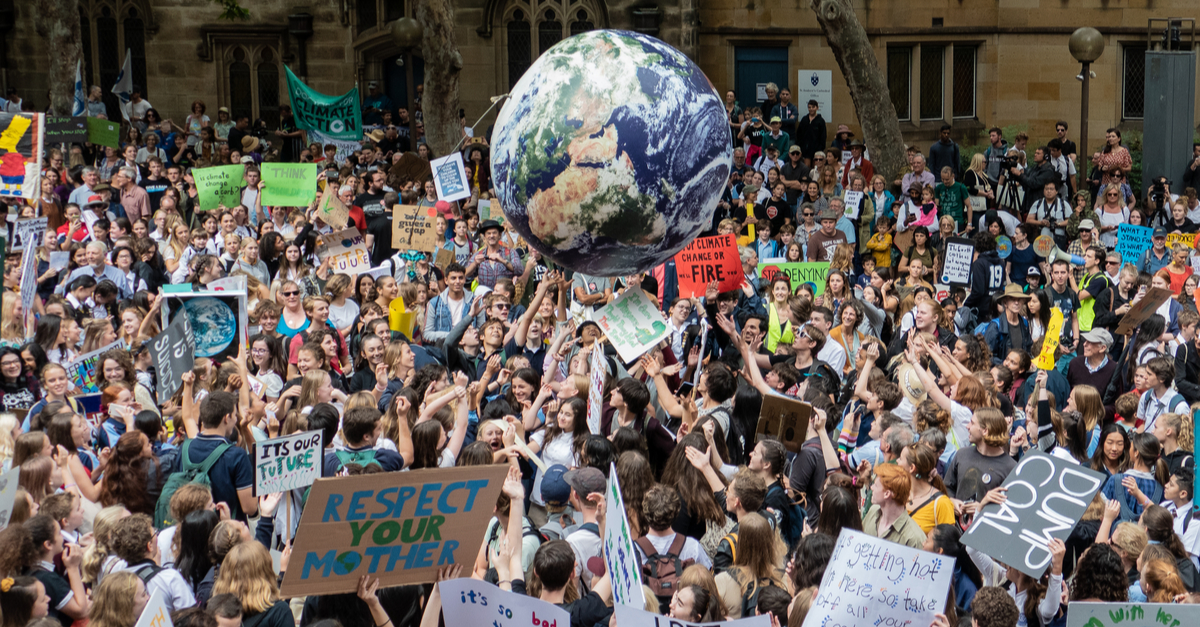
New record: three parliamentary inquiries at the same time
A new record can be noted in the history books: for the first time in parliamentary history, three surveys will take place simultaneously. The survey into Groningen gas extraction started in June and surveys numbers 2 and 3, about corona policy and the surcharge affair, are now being prepared. An inquiry is seen as the strongest tool the House has at its disposal. The consequences for policy and the appointed ministers could be enormous. But what exactly is a parliamentary inquiry? And how does such a process work?
Survey or research
The House of Representatives has legislative and supervisory power. Checking can be done by asking questions and conducting research, such as a parliamentary investigation or survey. This allows the House to analyze political abuses and failed policies. During a parliamentary inquiry, witnesses are under oath, so that they can be prosecuted if it turns out that they have not told the truth. This is not the case with the parliamentary inquiry, which is the “light” version of the parliamentary inquiry. The purpose of a survey or investigation is not only to determine who was responsible for things that went wrong, but also to fully identify an issue and thus develop better policy. The hearings are public and streamed online, which means that parliamentary inquiries always attract a lot of attention. The Senate also has the right to conduct a survey, but has never done so.
Profiling
It is unique that three different parliamentary inquiries are now taking place. These are expensive procedures that also take up a lot of time for the members of the committees of inquiry. Participating in a survey is a perfect opportunity for MPs to show and profile themselves. Well-known examples of this are Pieter Omtzigt and Renske Leijten during the investigation into the benefits affair. Unfortunately, it also means that MPs who participate in a survey are no longer available for 'normal' work as MPs. As a result, not all political parties are always equally enthusiastic about participating in a survey.
Prosecutor and judge
The House can decide to conduct an inquiry by submitting and passing a motion. The political parties then put MPs forward to become committee members: once the inquiry has been set up and a chairman has been chosen, a plan for the hearings is drawn up. The process is somewhat similar to a lawsuit, except in this case the MPs are both prosecutor and judge. After hearing from various people and often also after making working visits, the committee members write a report that the entire chamber debates afterwards.
- The gash extraction survey which started last June, will last approximately two years. The survey was started after a motion by Tom van der Lee of GroenLinks and he also became chairman of the inquiry committee. Furthermore, 6 MPs are participating: from SP, CU, VVD, CDA, PvdA and D66. The first interrogations took place just before the summer recess and the next interviews will be held from August 29 to October 14. The research goes back to the moment when the first natural gas was found in 1959. The survey report is expected in February 2023. Listening tip: NRC has in a podcast episode created a manual to follow the survey on Groningen gas extraction.
- The temporary committee Corona started in early July with a design for a survey into the course of the corona crisis in the Netherlands. This committee is led by Khadija Arib of the PvdA and has 9 members, including the PVV, Groep Van Haga, FVD and JA21, parties that do not participate in any of the other surveys. This survey could prove difficult for the current cabinet, especially for Minister De Jonge, who was responsible for corona policy in the previous period.
- The survey about the benefits affair starts next year and is the follow-up to the 2020 parliamentary interrogation committee on Childcare Allowance. As a result of this committee's report, Lodewijk Asscher resigned as party leader of the PvdA and subsequently Rutte III Cabinet also resigned. Eva González Pérez, winner of the 2022 Issue Award, has litigated for years on behalf of benefit parents.



